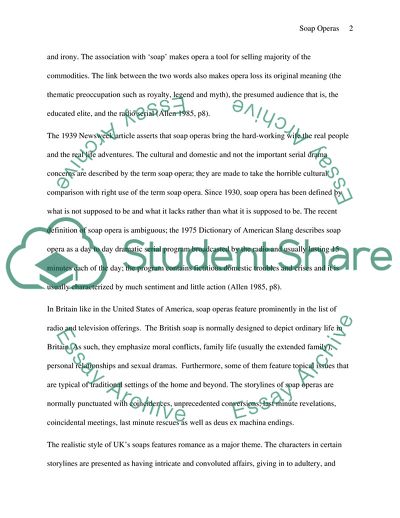Cite this document
(Society has significantly changed, as opposed to the predominant roles Essay, n.d.)
Society has significantly changed, as opposed to the predominant roles Essay. Retrieved from https://studentshare.org/journalism-communication/1753310-society-has-significantly-changed-as-opposed-to-the-predominant-roles-in-our-history-discuss-the-cultural-construction-of-gender-and-representation-of-identity-in-relation-to-contemporary-british-soaps
Society has significantly changed, as opposed to the predominant roles Essay. Retrieved from https://studentshare.org/journalism-communication/1753310-society-has-significantly-changed-as-opposed-to-the-predominant-roles-in-our-history-discuss-the-cultural-construction-of-gender-and-representation-of-identity-in-relation-to-contemporary-british-soaps
(Society Has Significantly Changed, As Opposed to the Predominant Roles Essay)
Society Has Significantly Changed, As Opposed to the Predominant Roles Essay. https://studentshare.org/journalism-communication/1753310-society-has-significantly-changed-as-opposed-to-the-predominant-roles-in-our-history-discuss-the-cultural-construction-of-gender-and-representation-of-identity-in-relation-to-contemporary-british-soaps.
Society Has Significantly Changed, As Opposed to the Predominant Roles Essay. https://studentshare.org/journalism-communication/1753310-society-has-significantly-changed-as-opposed-to-the-predominant-roles-in-our-history-discuss-the-cultural-construction-of-gender-and-representation-of-identity-in-relation-to-contemporary-british-soaps.
“Society Has Significantly Changed, As Opposed to the Predominant Roles Essay”. https://studentshare.org/journalism-communication/1753310-society-has-significantly-changed-as-opposed-to-the-predominant-roles-in-our-history-discuss-the-cultural-construction-of-gender-and-representation-of-identity-in-relation-to-contemporary-british-soaps.


